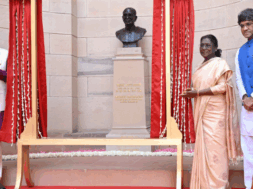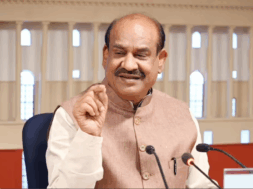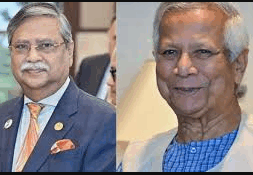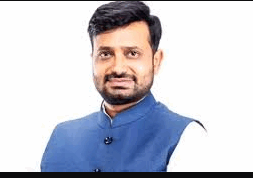
Roving Periscope: Bangladesh “students” now force the SC Chief Justice to ‘agree’ to resign
Virendra Pandit
New Delhi: Having tasted blood after ousting Prime Minister Sheikh Hasina Wajed from power on Monday, the “students” of Bangladesh on Saturday forced Supreme Court Chief Justice Obaidul Hassan to ‘agree’ to resign.
The CJ agreed to resign “in principle” following intense pressure from protesters surrounding the Supreme Court, broadcaster Jamuna TV reported.
Chief Justice Hassan, 65, will submit his resignation after consulting President Mohammed Shahabuddin in the evening, The Dhaka Tribune newspaper reported.
The protests started after CJ Hassan called for a full court meeting with all judges from both divisions of the Supreme Court. The protesters suspected it was a judiciary coup and announced a siege of the court premises.
Their protests forced Chief Justice Hassan to postpone the meeting. He later said that he would step down.
CJ Hassan, appointed last year and seen as a loyalist to ousted Prime Minister Sheikh Hasina, was given a one-hour ultimatum to resign.
Bangladesh Bank Governor Abdur Rouf Talukder also resigned but his resignation has not been accepted given the importance of the position, finance ministry adviser Salehuddin Ahmed told reporters. Days earlier, four deputy governors were forced to resign by nearly 400 bank officials accusing them of corruption.
The police union has also declared a strike, refusing to return to work until their safety is assured, further complicating the situation.
Many homes and businesses of the country’s minority Hindu community have been vandalized this week, prompting hundreds of them in northwest Bangladesh to try and flee to neighboring India.
Bangladesh’s interim leader Muhammad Yunus appealed for religious unity as he embraced the weeping mother of a student shot dead by police, a flashpoint in mass protests that ended Sheikh Hasina’s 15-year rule.
The Nobel Laureate’s first task was to bring stability to Bangladesh after he responded to a call by student protesters for him to temporarily lead the country following weeks of deadly anti-government demonstrations against the government led by Sheikh Hasina.
The protests, part of the wider unrest that led to Hasina’s departure, have resulted in over 450 deaths, including dozens of police officers. Former PM Sheikh Hasina faces allegations of murder, forced disappearance, money laundering, and corruption, and must face the law, Amir Khosru Mahmud Chowdhury, a senior member of Bangladesh Nationalist Party (BNP) said.
Earlier, even the members of the Supreme Court Bar Association (SCBA) had demanded that Sheikh Hasina, who is currently camping in India, be sent back to Bangladesh to face the law.
The protesters, led by the so-called “Anti-Discrimination Student Movement,” also issued an ultimatum for the judges’ resignation by 1:00 PM on Saturday, threatening to besiege the judges’ residences if their demands are not met, according to Bangladeshi newspaper The Daily Star.
Around 10:30 AM, hundreds of protesters, including students and lawyers, began gathering on the Supreme Court premises to express their discontent. The movement has gained momentum, with Asif Mahmud, adviser of the Youth and Sports Ministry in the interim government, also calling for the unconditional resignation of Chief Justice Hassan and an end to the full court meeting.
In recent weeks, nationwide protests burned Bangladesh over the job quota issue. These “students’ protests” later morphed into a political agitation led by the banned Islamist outfit Jamaat-i-Islami and led to the ouster of Sheikh Hasina from power on August 5.
Already, this upheaval has claimed around 400 lives as the demonstrators also targeted the lives and assets of the minorities, particularly the Hindus, across Bangladesh.
Sheikh Hasina, who won a controversial fourth term in the January 2024 parliamentary elections, boycotted by the Opposition, long faced accusations of rigging the polls, crushing her opponents, and maintaining an iron grip on power.
The Begum Khaleda Zia-led Bangladesh Nationalist Party (BNP), the main Opposition party, has since called for Hasina to face criminal charges, including allegations of murder, forced disappearance, money laundering, and corruption.
Bangladesh President Mohammed Shahabuddin, on August 6, dissolved the 12th Parliament, formed through the January 7 national election, and assured the country that fresh elections will be held as soon as possible. According to the Constitution, a new election must be called within 90 days—that is, by November 5, 2024—though the timeline remains uncertain.
Reports in a section of the media suggested Sheikh Hasina could return to Bangladesh once the new government announced fresh elections.














